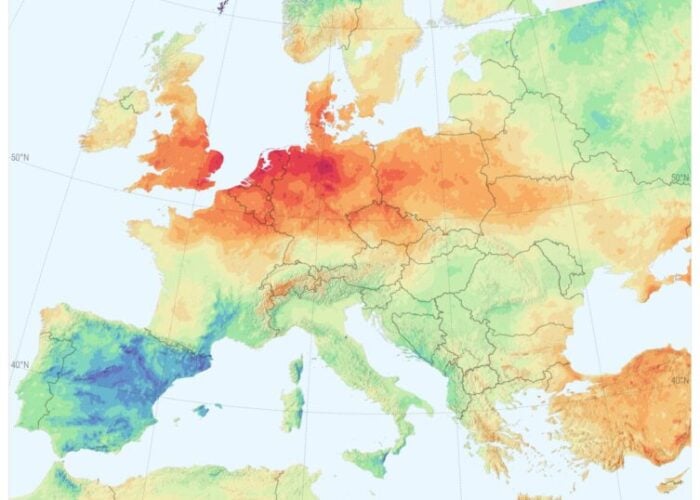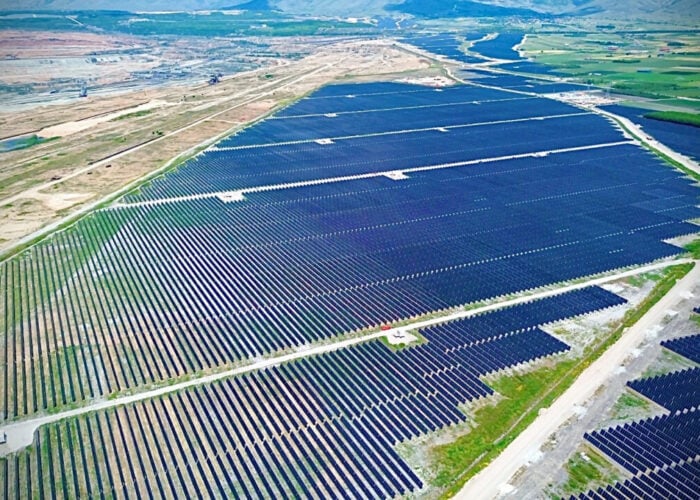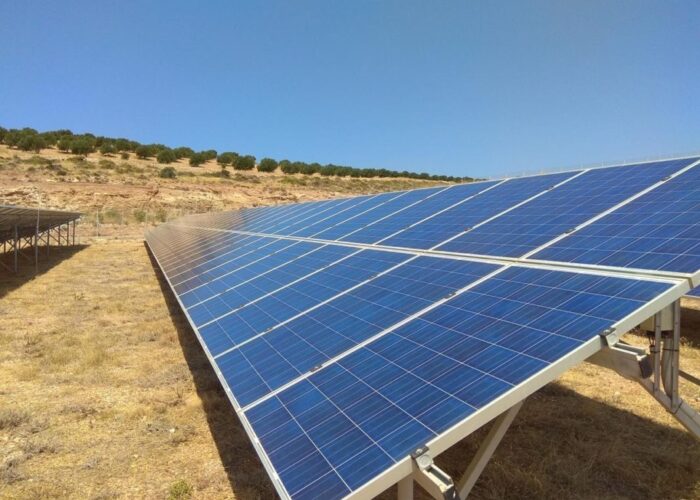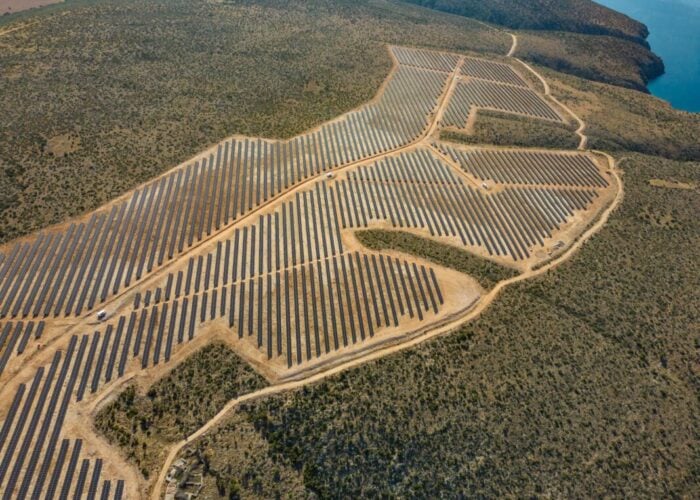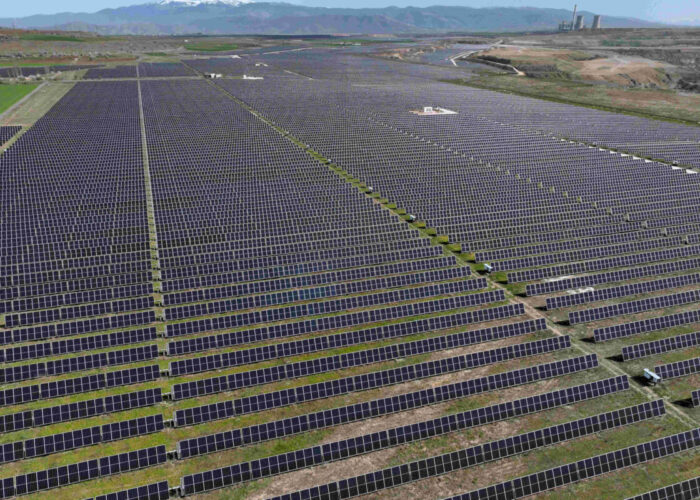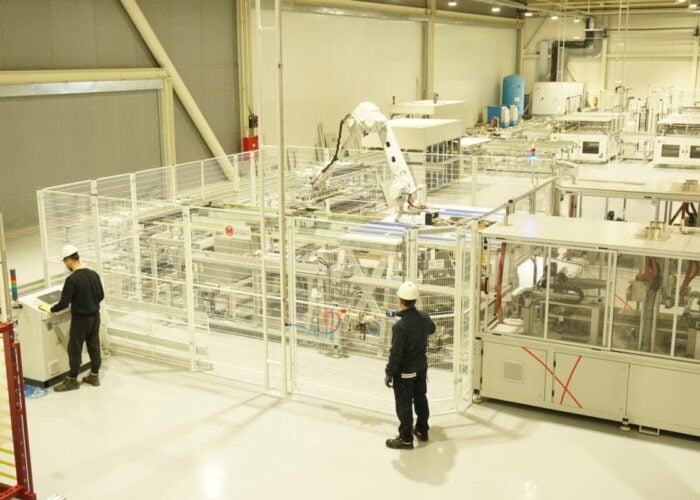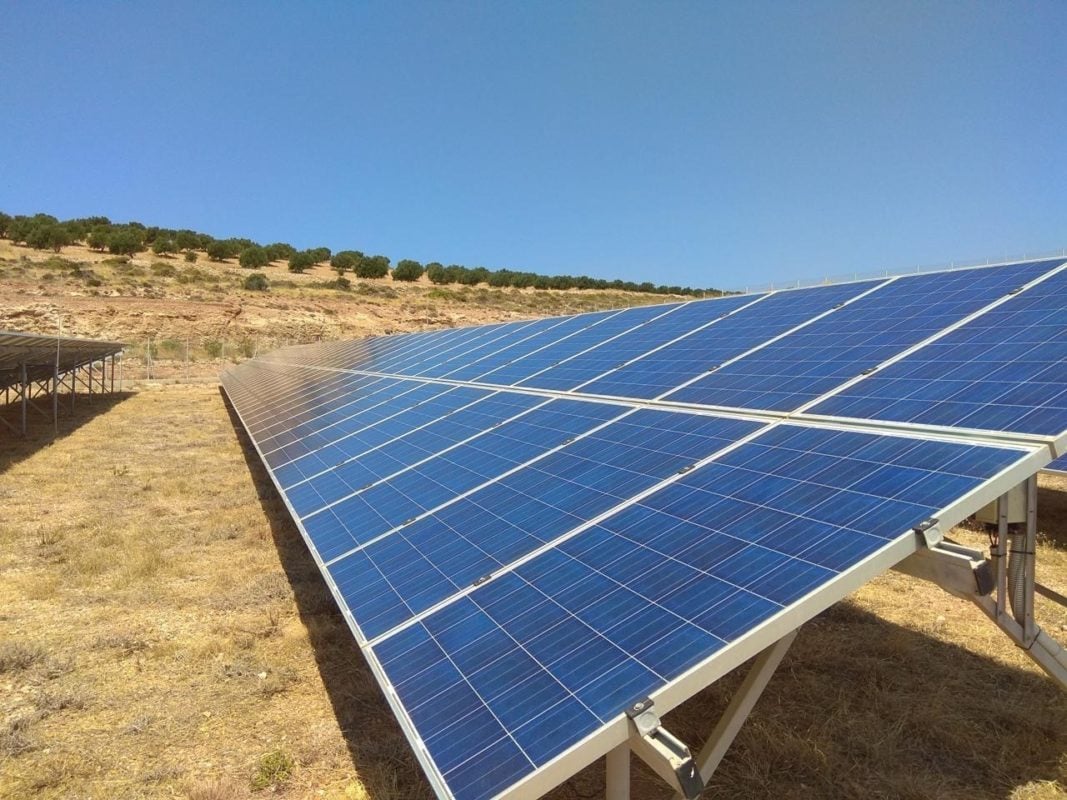
The renewable energy arm of Greek utility Public Power Corporation (PPC) is looking to increase collaborations with major solar industry players to fast-track its aim of installing 2.3GW of PV parks.
PPC Renewables is exploring opportunities to develop that capacity as quickly as possible from projects in the Western Macedonia region to support Greece’s ambition of scrapping coal-fired power generation by 2028, according to CEO Konstantinos Mavros.
Unlock unlimited access for 12 whole months of distinctive global analysis
Photovoltaics International is now included.
- Regular insight and analysis of the industry’s biggest developments
- In-depth interviews with the industry’s leading figures
- Unlimited digital access to the PV Tech Power journal catalogue
- Unlimited digital access to the Photovoltaics International journal catalogue
- Access to more than 1,000 technical papers
- Discounts on Solar Media’s portfolio of events, in-person and virtual
Speaking to PV Tech a week after the Greek government announced out a €5 billion roadmap to offset the impact of ditching coal, Mavros said the company has an interim target of 1.1 – 1.4GW of installed solar PV capacity by 2024.
PPC has already partnered with Germany’s RWE and Abu Dhabi-based Masdar to research the development of green energy projects, but these may be joined by further partnerships. “This is not an exclusive collaboration effort, it's absolutely inclusive,” Mavros said.
Alongside the construction of ground-mounted PV plants, the company is also looking into floating solar, energy storage and offshore wind.
Greece’s rapid green energy drive follows last year’s publication of the National Plan for Energy and the Climate (NPEC), which aims to increase renewables’ share in gross electricity consumption from the current 29% level to 61% by 2030. During that time, installed PV capacity is expected to grow from 3GW to 7.7GW.
The NPEC sets a deadline of phasing out lignite-fired stations that are currently in operation by 2023 and scrapping coal plants altogether by 2028.
With sites already lined up near depleted mines, PPC Renewables is aiming to take advantage of existing infrastructure in place. “They are located quite conveniently for the grid connection and that is why PPC Renewables is planning to exploit those very quickly,” Mavros said. “The advantage is that we are very close to the grid connection.”
Mavros added that the government has helped to clear the renewables backlog by facilitating licensing procedures. The help the country reach its NPEC goals, the current government is aiming to clear many of the bureaucratic hurdles developers face and unblock a backlog of around 1,800 applications for green energy proposals.
Greece’s €5 billion plan is set to be tabled for approval from the country’s parliament and the European Union by the end of the year.
The Hellenic Association of Photovoltaic Companies has welcomed the latest developments. Stelios Psomas, a policy advisor for the trade body, said: “The overall potential pipeline for PV in Greece has already reached 26GW, making PV the energy star for the decade to come.”

